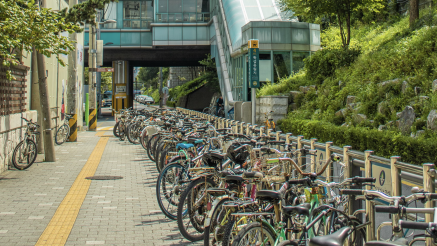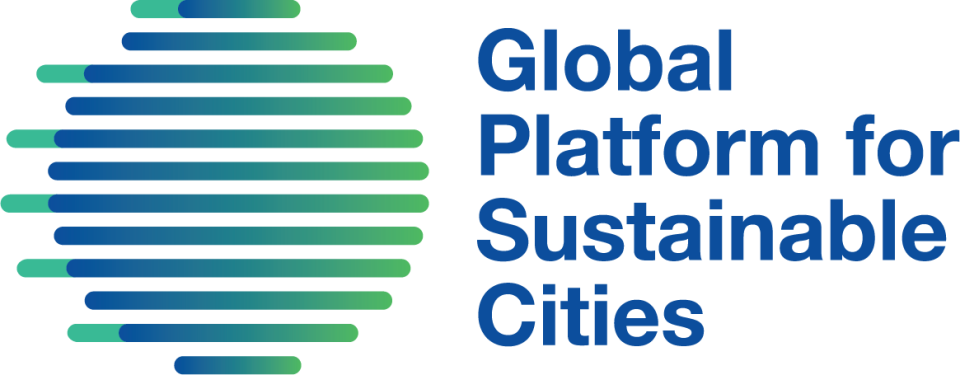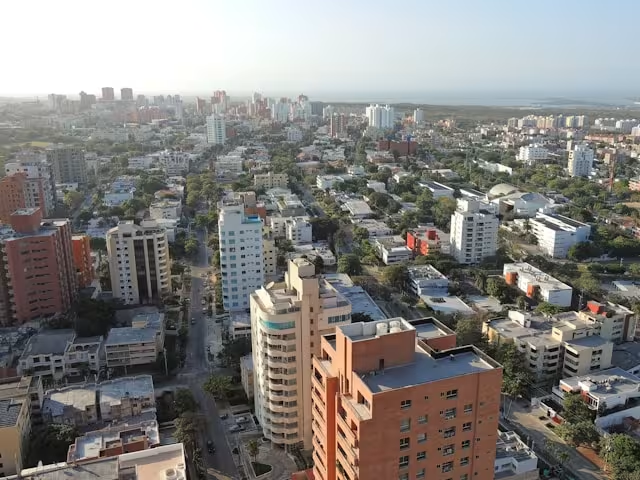Barranquilla, located on Colombia’s Caribbean coast, has become a regional model for integrating nature and climate resilience into urban development, demonstrating how ecological restoration can drive social and economic renewal. Through flagship initiatives such as the Gran Malecón and the restoration of the Magdalena River wetlands, Barranquilla has expanded public access to blue-green infrastructure while enhancing biodiversity and reducing flood risks. The city has actively participated in GPSC events, including the Cities4Biodiversity and the Mayors Forum on Urban Nature and Biodiversity, sharing lessons on coastal resilience, nature-based investment, and inclusive urban regeneration. Barranquilla’s approach exemplifies how Latin American cities can harness nature as a foundation for sustainable and livable urban growth.
Recent Initiatives



Related Content




